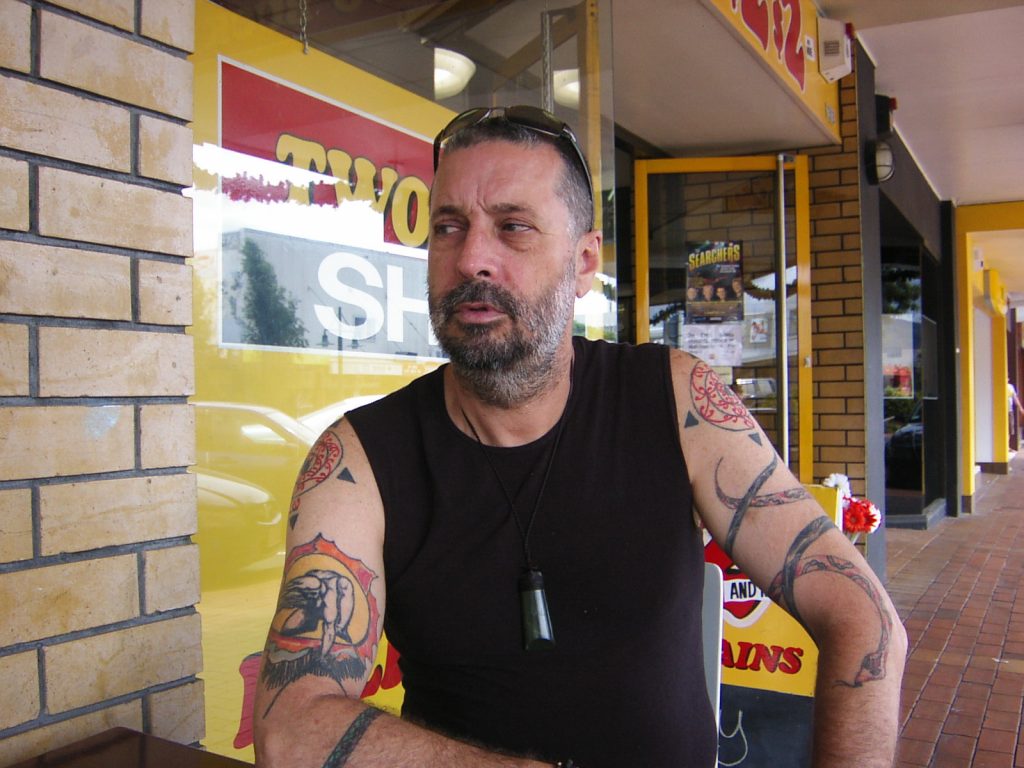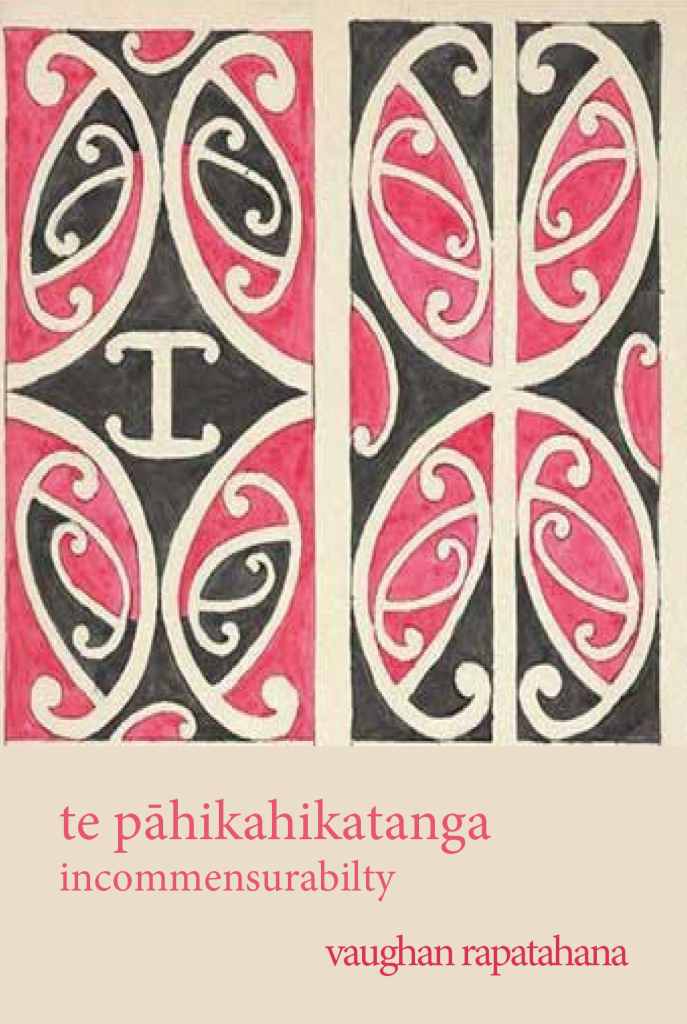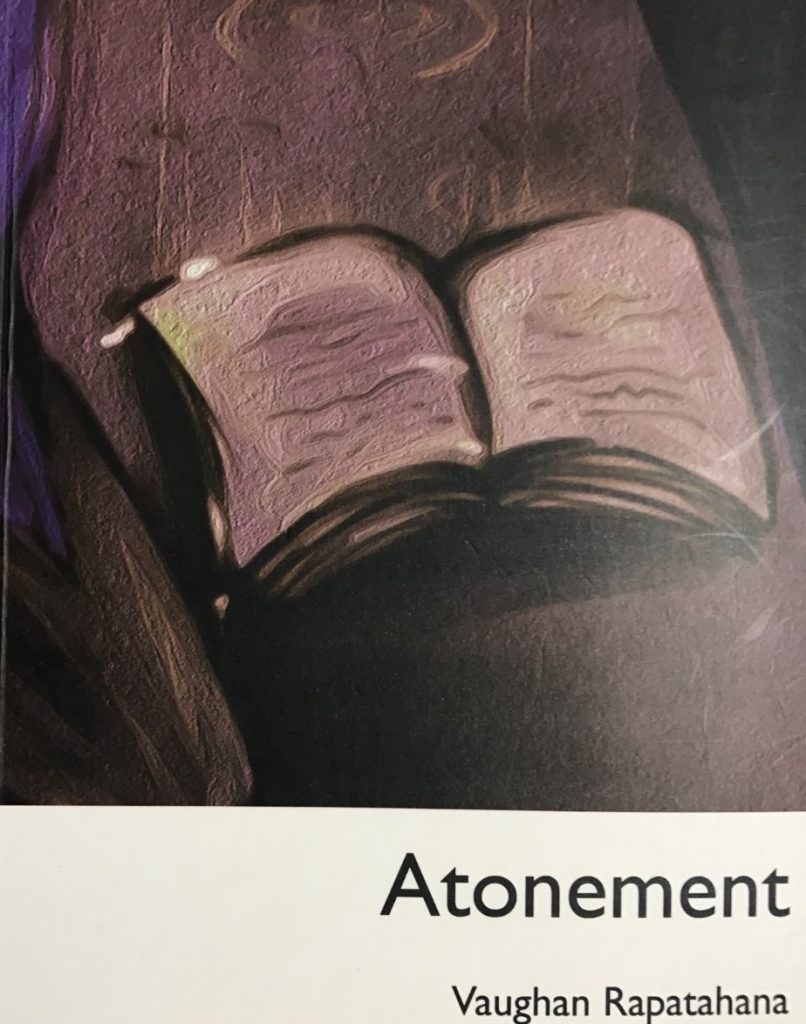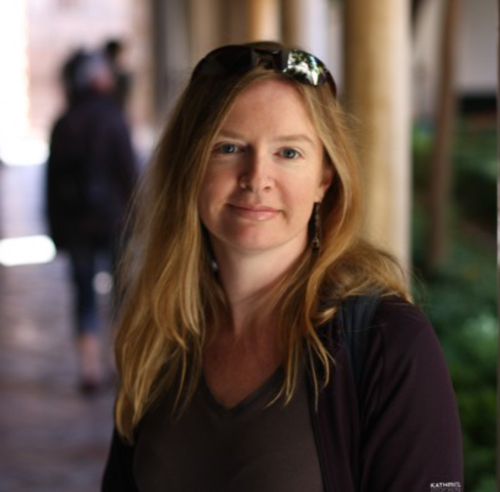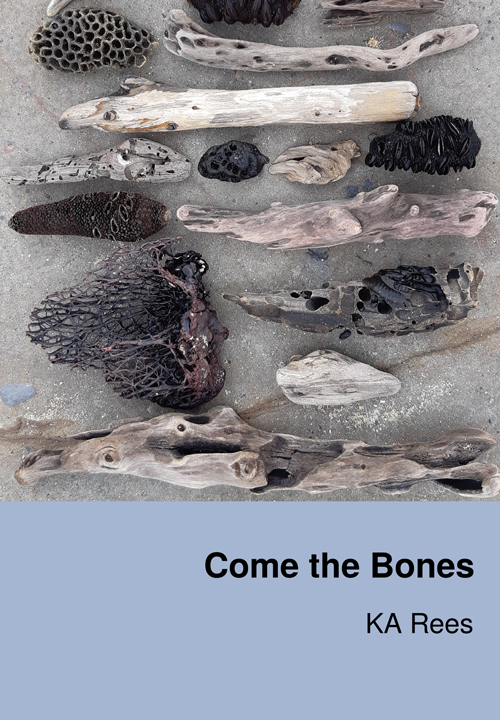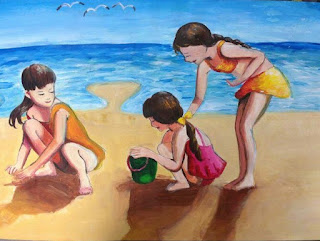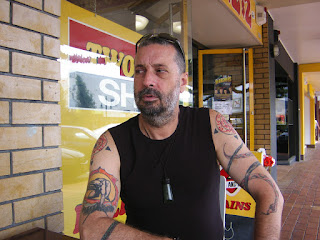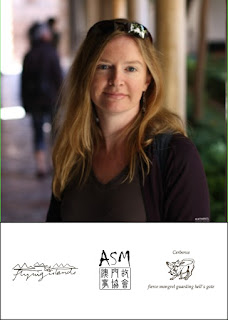Vaughan Rapatahana
Vaughan Rapatahana is a New Zealand writer and reviewer. Though perhaps best known for his poetry, his bibliography also includes prose fiction, educational material, academic articles, philosophy, and language critiques. Rapatahana is of Māori ancestry, and many of his works deal with the subjects of colonial repression and cultural encounter. His writing has been published in New Zealand and internationally. In 2009, he was a semi-finalist for the Proverse Prize and in 2013 he was a finalist for the erbacce prize for poetry. In 2016 Rapatahana won the Proverse Poetry Prize.
Vaughan Rapatahana (1953 – ) is a prolific New Zealand poet who also writes prose fiction, educational material, academic articles, philosophy and language critiques. Born in Pātea, Rapatahana is of Māori heritage, and has been published in both English and te reo Māori. He gained an MA (Hons) from the University of Auckland before studying Education. Rapatahana returned to the University of Auckland from 1991–1994 to write his PhD, titled Existential Literary Criticism and the Novels of Colin Wilson.
Rapatahana experienced a varied career before becoming a writer, working as a secondary schoolteacher, housepainter, storeman, freezing worker, and special education advisor. Rapatahana was poetry editor of the Māori and Indigenous Review Journal until 2011. He has lived abroad for a significant portion of his life, teaching in Nauru, Brunei Darussalam, PR China, and Hong Kong for extended periods. He currently resides in Mangakino. He writes regular book reviews for Landfall and Scoop.
Rapatahana has been described as a global poet. His first poetry collections were Down Among the Dead Men (1987) and Street Runes (1988), both published by Entropy Press, Auckland.
Links: www.read-nz.org/writer/rapatahana-vaughan
Flying Islands Pocket Poet Publications
te pāhikahikatanga/ incommensurabilty
ISBN: 978-0-6455503-3-7
te pāhikahikatanga/ incommensurabilty is a collection of Rapatahana’s poetry across several years, written in te reo Māori (with English language translations). He believes this is a unique work of contemporary Māori language poetry, as well as emphasising throughout that the two languages are essentially incompatible and never fully translatable one into the other.
Atonement
artworks by Pauline Canlas Wu ; musical score by Darren Canlas Wu
Review by Maris O’Rourke New Zealand Poetry Society
The fourth poetry collection from the multi-talented, prolific and loquacious Vaughan Rapatahana doesn’t disappoint. Small in size, it is big and dense within – with over 50 poems that take us on some wide-ranging, internal and external journeys. They are short, pithy poems, usually one or two pages, with staccato rhythms, often one-word lines, and varied, often unusual, use of fonts, space, shapes, photos and songs to produce meaning in more than one way, as with the poems ‘he patai’ (p.83), a question in the shape of a question mark, and ‘Ruby’s Place’, a musical score (p.123). Rapatahana has a strong command of language and an extensive vocabulary — I certainly had to look up a number of words.
Multicultural Rapatahana takes us with him on his travels around the world – Hong Kong, Philippines, Mauritius, Macao, London, Japan, New Zealand, USA, Israel and others — offering astute observations of our effect on our environment and each other, and the effect of the country and its history, people and behaviour upon him. All this in four different languages — Māori, English, Chinese and Tagalog, often on the same page, and with the occasional French, Latin or Greek word or phrase thrown in for good measure.
The haves and have-nots thread through Rapatahana’s poems as a consistent theme, as in the poems ‘tel aviv tramp’ (p.115), or ‘auckland tri.ptych III’
Vaughan Rapatahana Read More »
